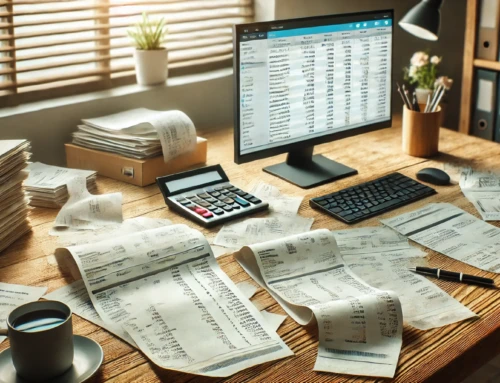If you happen to read HMRC’s website (and I do more than I care to admit) you would see that one of their key responsibilities is safeguarding the flow of money to the Exchequer through collection, compliance and enforcement activities.
Which is to say they collect the tax that is due.
Almost all income is taxable and ignorance of this fact is no defence against not complying. The UK runs a self-assessment system so it’s your responsibility to declare your income and pay the appropriate amount of tax.
Some people decide that they shouldn’t pay tax and understandably HMRC are not keen on this.
One tactic HMRC use to find these people is to target groups of individuals who undertake a certain kind of behaviour.
Here is a list of a few recently targeted areas:
• Ebay Traders
• Paypal Users
• Landlords
• Solicitors
• Those with undeclared second incomes
But how do HMRC choose who to target?
HMRC must produce evidence to support these wider enquiries and to gather their evidence they analyse information from a wide variety of sources.
The first step is to gather information from third party organisations such as banks, local councils, the land registry etc
All this information goes into HMRCs computer system, called Connect, which uses algorithms to identify patterns amongst the information.
One example of this is buy to let landlord’s whose data showed up because the computer holds details of every property bought in the UK.
The computer links all of the data available to it and this is the basis of areas of particular interest where there might be tax shortfalls.
If any of this reminds you of the book 1984 and of big brother then you are not far from the truth. Evidenced by HMRC wanting the power to reach into our bank accounts to collect tax due.
We are entering the era of big data and reduced privacy so we shouldn’t be surprised that HMRC will be using this to make sure we pay our fair share.
If you have any undeclared income lurking and think this should have been declared then you should definitely seek advice and get it declared. You have been warned HMRC are watching.






